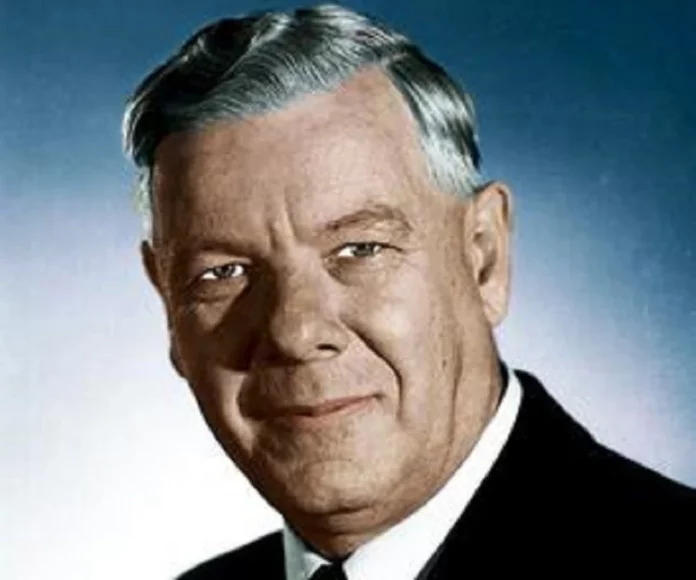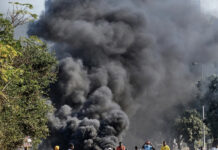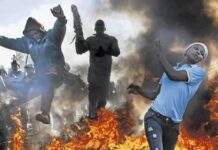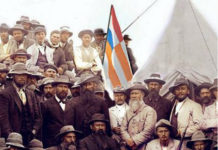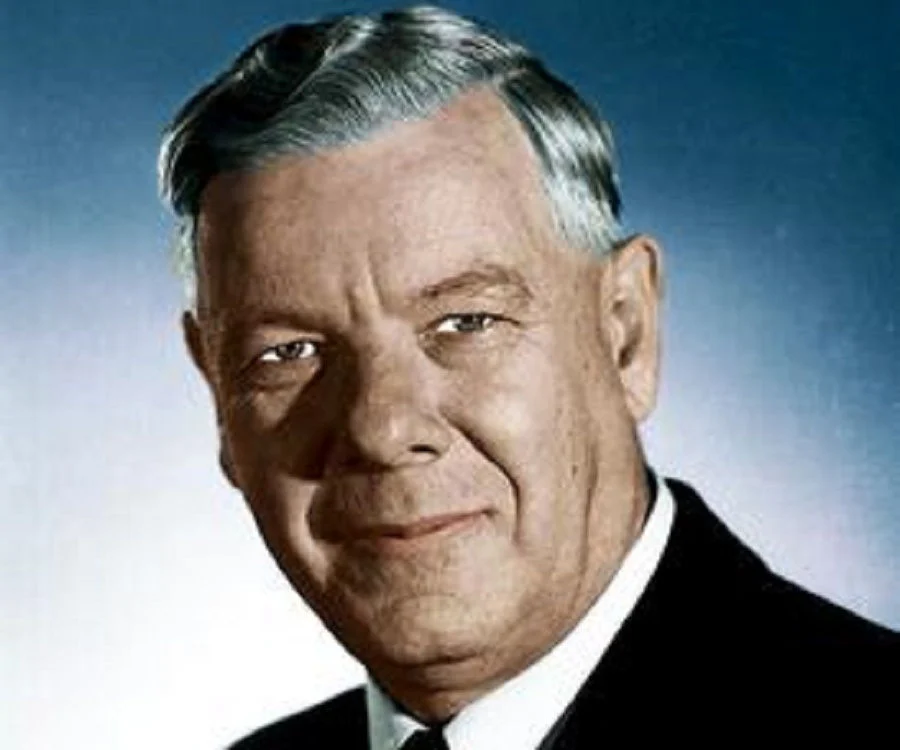
In light of recent events, I will announce that I will not write about the Queen. The Chief Commander of the Dindus of Britain, however, was willing to give his opinion on the matter. We would give you a translation of the statement, however the translators were all women and so the CC refused to speak to them in fear of offending his six wives including the two he groomed as they left the local primary school.
Instead, I’d like to give some noise for a man whose voice is no longer heard, because the anniversary of his death passed and because I couldn’t be arsed writing about the Queen. I would like to speak of a man not many would know.
Former Prime Minister of South Africa Hendrik Frensch Verwoerd.
Hendrik Frensch Verwoerd was born on the 8th September 1901, several months after Australia’s Federation, in Amsterdam in The Netherlands. His father, a shopkeeper and a staunch religionist, moved his family to South Africa in 1903. This was due to his pity for the Afrikaners after the Second Boer War, such a feeling which he would pass to his son. Hendrik went to a Cape Town school before moving to Bulawayo (modern-day Rhodesia) where his father would be an evangelist within the Dutch Reformed Church. He would return to South Africa where his father would be in a church in the province of the Orange Free State. While the Spanish Flu came about, Hendrik passed his matriculation in February 1919.
At Stellenbosch University, he would study social science. Fluent in Dutch, English, German and Afrikaans, he would be granted a Bachelor of Arts (specifically in Sociology, Psychology and Philosophy). He would later complete his Masters cum laude and his Psychology Doctorate by 1925, cementing himself in the field of Applied Psychology in the country. Due to his success in the field, he was awarded two overseas scholarships for post-doctoral research, one in Oxford and the other in Germany. Due to his own anti-British views as well as his desire to learn from experts of the time in psychology and philosophy, he left for Germany in 1926 and studied:
- In the University of Hamburg under William Stern
- In the University of Berlin with Wolfgang Köhler and Otto Lipmann
- In the University of Leipzig under Felix Krueger
Marrying Betsie Schoombie in 1927, he would study in Britain and the US before returning to South Africa in 1928. He would return to Stellenbosch University as the chair of Applied Psychology and Psycho Technique before becoming Professor of Sociology and Social Work in 1935. While the Great Depression occurred, he would find time to contribute to the welfare of poor White South Africans, endearing him to the electorate that would vote him in later on. At the time, South Africa was torn between the liberal Anglophilic faction of Jan Smuts and the Anglophobic faction that sought distance from Britain following the Boer Wars. His welfare efforts led him towards politics in the National Party and towards the first editorship of Die Transvaler, a pro-Afrikaner newspaper dedicated to labours, agrarian rights, republicanism and populism, in 1937.
His work in the National Party and the Herenigde Nasionale Party (HNP) came as post-war South Africa began to define itself on how the White peoples, both Afrikaner and British South African, were to engage politically with the blacks. We know from personal experience that multiculturalism does not work and they would have known from history and from personal experience that their position on the African continent was a numbers and a race game. As long as they were a minority, they would either stay together or face their downfall separately. The Afrikaners saw this since their Great Treks and the British South Africans were indifferent as Loyalty to King and Britain remained paramount.
The 1948 South African Election was a turning point in world history, with the HNP under D. F. Malan winning government courtesy of an alliance with the Afrikaner Party. Both parties would merge in 1951 to become the National Party, with 1948 starting 46 years of one-party rule and apartheid in the country. Be aware that when we do it, it is okay and the ANC doing it is bad. Hypocrisy does not matter, but our survival does and so does the lives of White South Africans, but I digress.
Verwoerd would become a Senator and later Minister for Native Affairs in 1950 until he became PM in 1958. Laws he drafted included:
- Population Registration Act 1950
- Group Areas Act 1950
- Pass Laws Act 1952
- Reservation of Seperate Amenities Act of 1953
- Bantu Education Act 1953
These laws were made with key details stemming from his experience in social science and a growing race realism, stating in a speech in June 1954:
“The Bantu must be guided to serve his own community in all respects. There is no place for him in the European community above the level of certain forms of labour. Within his own community, however, all doors are open”
Verwoerd’s ministerial strengths as well as his past experiences allowed him to have strong support in politics and the Afrikaner electorate under PM Malan and his successor J. G. Strijdom. After the latter’s death in 1958, Verwoerd became the 6th Prime Minister of South Africa. In the National Party there were several ideas about how apartheid was to be applied. One supported the baasskap, which was black labour participating in the country to advance the economic gains of Whites. The second faction believes in a Volkstaad, a White homeland that would be self-sufficient and would not require black labour to function. Verwoerd toed the middle line, moving towards racial self-sufficiency while using black labour wherever it was possible, as well as forming multiple homelands for Africans in the country. Under his rule came:
- Promotion of Bantu Self-government Act 1959
- Bantu Investment Corporation Act 1959
- Extension of University Education Act 1959
- Reduction of the voting age from 21 to 18, benefitting younger Afrikaners as well as expanding the franchise to Whites in South-West Africa.
In Jan 1960, a referendum within the British Commonwealth would be made for South Africa to become a Republic. Harold Macmillan, then the British PM, gave his infamous “Winds of Change” speech to the South African Parliament which was subtle in its denunciation of apartheid. As a result, Verwoerd used it to reinforce the message: Our people are under threat and we must defend ourselves. The breakdown in the Belgian Congo occurred due to racial differences and Verwoerd saw no difference between that and South Africa should apartheid be stripped away (which is what happened anyway, but never mind). The Sharpeville massacre confirmed the necessity of maintaining the White Rule. On the 31 May 1961, the Republic of South Africa was declared, a victory for the Afrikaner minority. The price paid for racial survival included the ostracism of South Africa from Olympics in 1960 and FIFA in 1976. From 1964, the UK and US discontinued arms trade while the UN demanded all members cut ties with South Africa. In spite of all of that, Verwoerd was re-elected in 1966, with the National Party winning 2/3rd of parliament.
On the 6th September 1966, a Jewish parliamentary messenger (and member of South African Communist Party) named Dimitri Tsafendas stabbed the PM in the neck and chest before being subdued. Hendrik died as he reached the hospital, aged 64.
And now, a little bit of alternate history. Had Verwoerd lived, he would have used his expertise to continue refining the apartheid system of government, in a world that was slowly trending towards racial liberalisation. Discussions within the National Party would reemerge after 1967 in regards to ethno-nationalism as well as language. Hardliners in the party would reject the concept of bassskap, instead arguing for South Africa to become a Whites-only nation. They would also reject the use of English as a state language, owing to the resentment of the Boer Wars and Britain’s rejection of apartheid system and its republican government. South Africa would give support to Israel during and after the Six-Day War in 1967, which would alienate Israel’s position among black African nations. Verwoerd would make moves to achieve greater cooperation with Israel, which would include domestic nuclear energy starting from 1968 onwards alongside nuclear weaponry. South Africa would also give support to Rhodesia in the Bush War, as well as allowing Portuguese refugees from Angola and Mozambique to enter Rhodesia and South Africa.
In 1970, Verwoerd would restate the country’s position to the All Blacks in the 1970 Rugby World Cup, stating that Maoris are not to enter the country to face the Springboks. Despite receiving condemnation from New Zealand’s PM Keith Holyoake, the All Blacks conceded again. It would lead to Verwoerd winning his third term of office in 1970, with the National Party winning over 2/3rds of the seats in Parliament. Efforts were now made to give support to the Afrikaner people to have bigger families, as well as allow for migration schemes for people from West Germany, The Netherlands and Israel. South Africa would give support to Israel during the Yom Kippur War and the resulting Oil Shock would hit SA unless their nuclear power was operational and able to sustain order. Verwoerd would crackdown against paramilitary groups under the ANC and would see something equivalent to the Soweto shooting, but there would not be any great uproar due to Verwoerd’s longer term of office. He would bow out at the 1974 Election, allowing hardliner Albert Herzog to win, although the anti-apartheid United Party would gain a few seats.
South Africa would be better off as countries begin to relax their sanctions and as the Soviet Union declines and disintegrates, with Rhodesia winning the Bush War by 1980. The USSR’s fall would give South Africa and Rhodesia better credence in the world should both survive in the 1990s. South Africa would maintain a controversial foreign image, no more different to Israel’s treatment of the Palestinians, however apartheid would be reformed in a way to rely less on the blacks and move towards a White homeland. Should that be the case, then the 90s proves to be a period of resurgence of White racial politics worldwide. Apartheid outlasting the USSR would prove it to be successful. Parties such as the British National Party and the National Front (France) would face a resurgence in this time.
I might write a book about that, but that will be for another time.
Rest In Peace Hendrik Frensch Verwoerd, Hail Victory.

